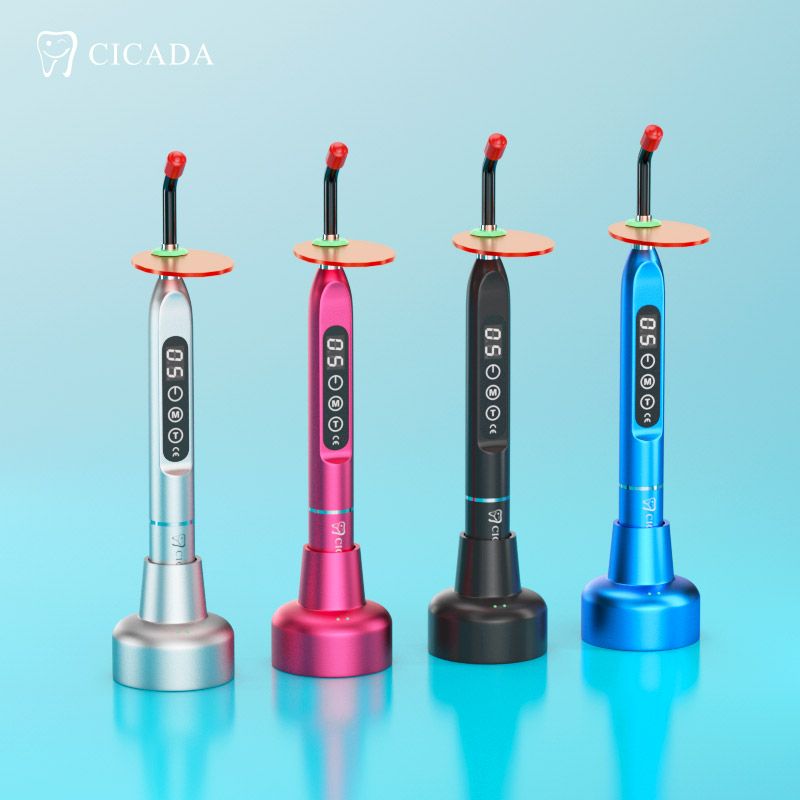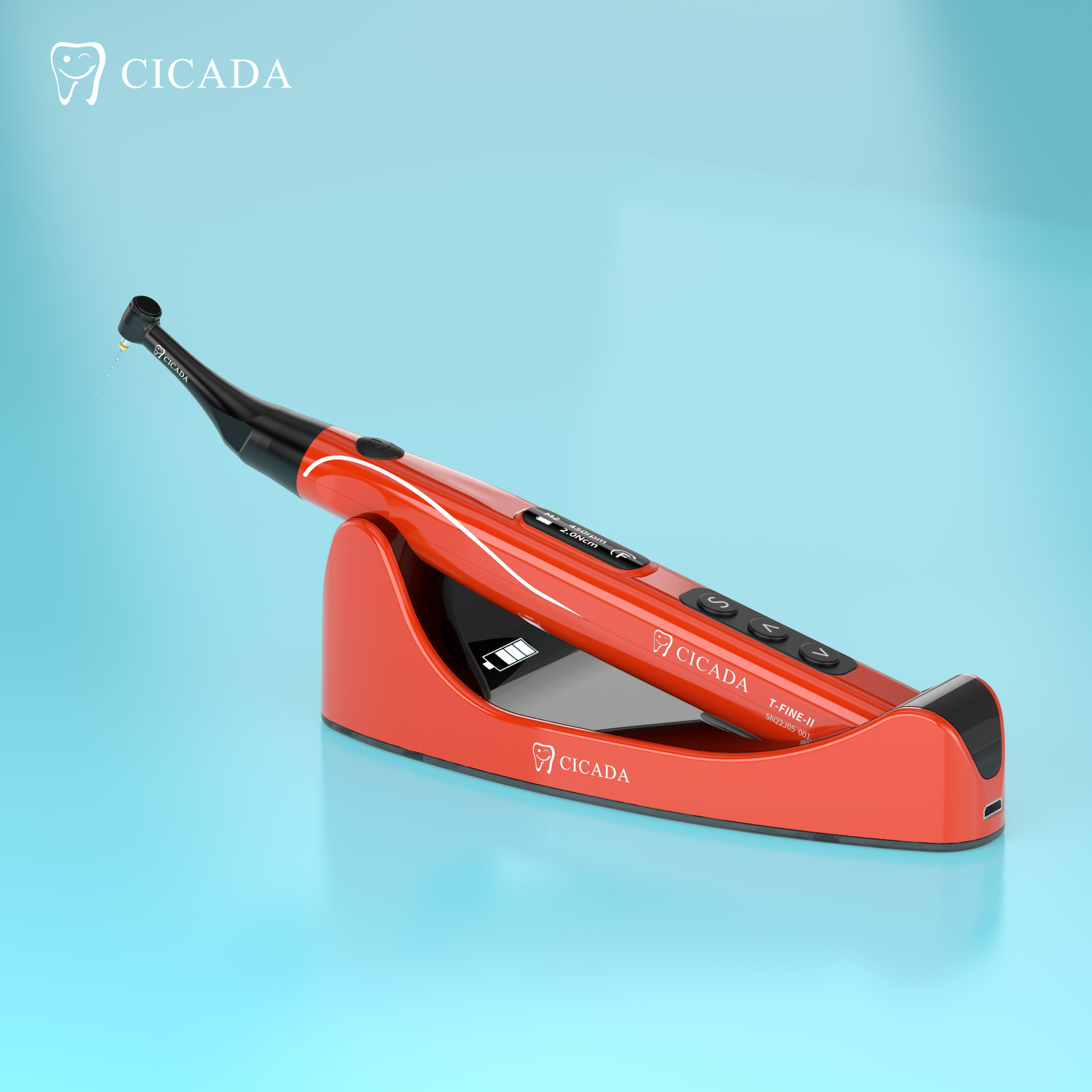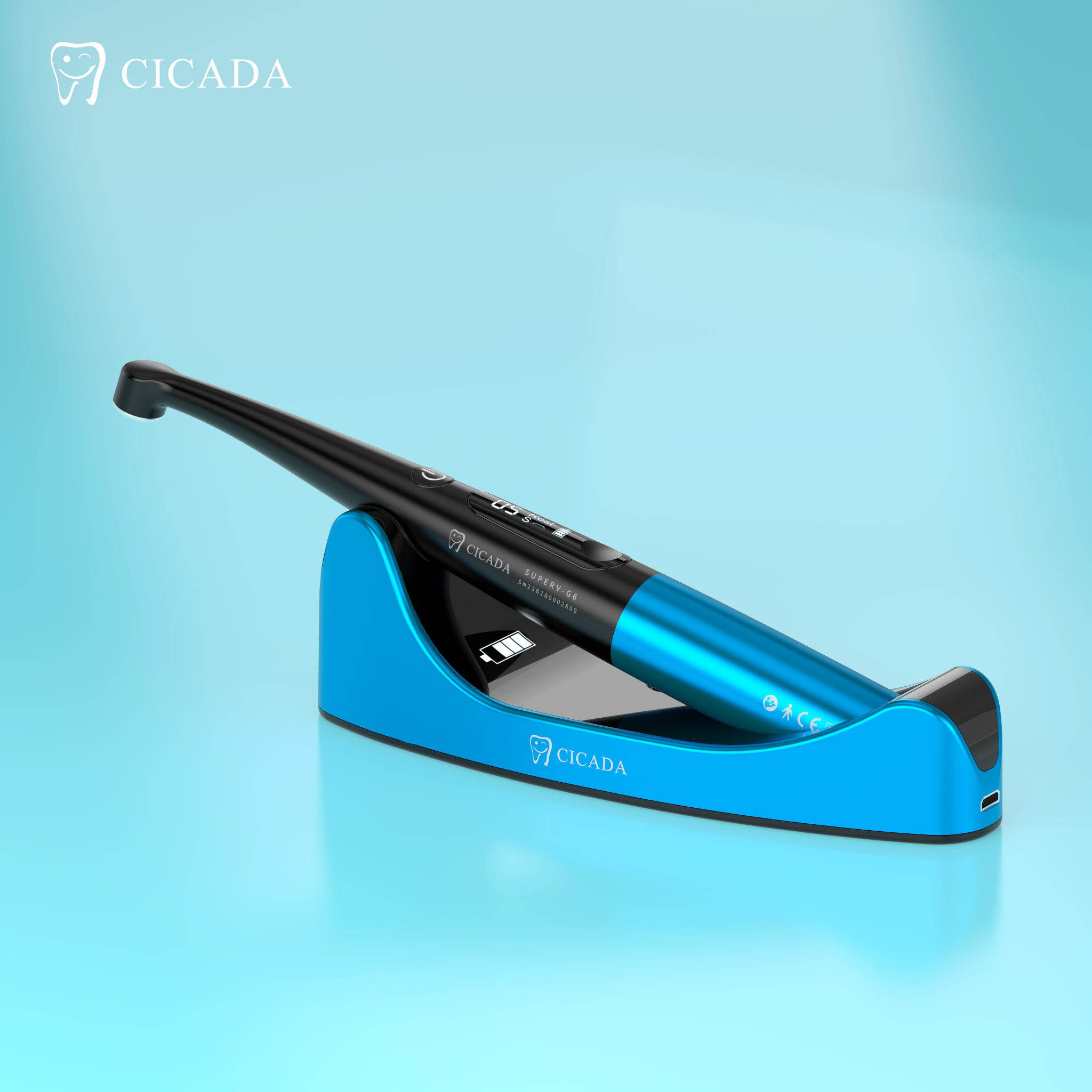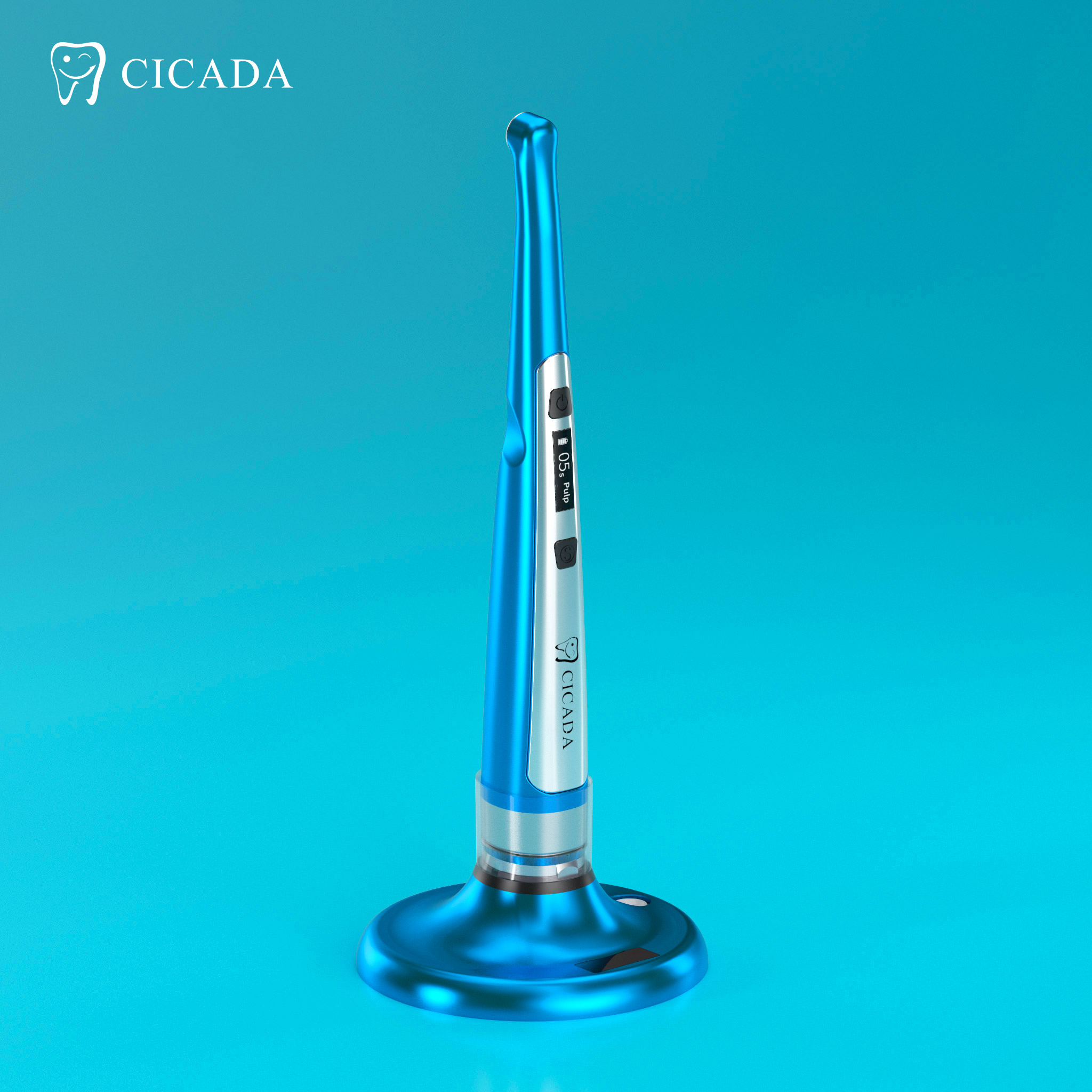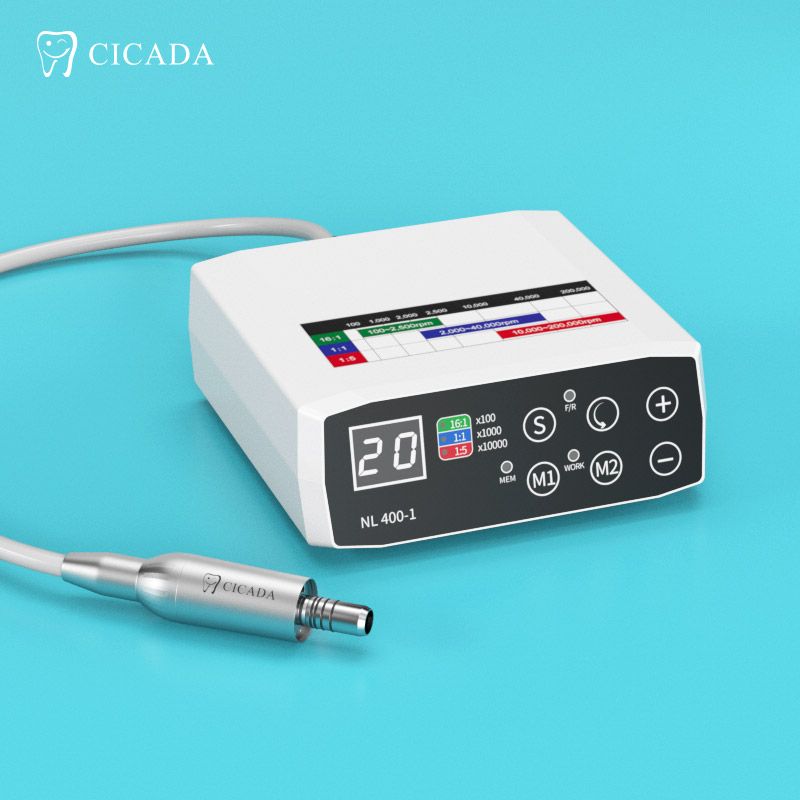Among the many innovations, LED curing lights have emerged as a vital tool in restorative dentistry. These compact, efficient, and versatile devices have transformed the way dentists and dental hygienists work, making procedures faster, more effective, and more comfortable for patients.
Traditional Curing Lights
Curing lights have come a long way since their inception. Traditional curing lights relied on halogen or quartz-tungsten-halogen bulbs, which emitted a broad spectrum of light. These bulbs had limitations, including longer curing times, heat generation, and the risk of damaging dental tissues.
Working Principle of LED Curing Lights
LED (Light Emitting Diode) curing lights use a specific wavelength of blue light to activate photoinitiators in dental composites, resin cements, and bonding agents. These photoinitiators, upon exposure to the LED light, trigger a polymerization reaction in the dental materials. This process, commonly referred to as curing, transforms the liquid or gel-like dental materials into a solid and durable form, effectively bonding restorations to natural teeth.
Key Features and Advantages
Precise Control
LED curing lights offer precise control over the curing process. Dentists can choose the light intensity and duration to match the specific requirements of each procedure, ensuring optimal results.
Shorter Curing Times
LED lights cure dental materials much faster compared to traditional curing lights. This reduces chair time for patients and allows for more efficient dental procedures.
Reduced Heat Generation
Unlike halogen lights, LED curing lights generate minimal heat, making them more comfortable for patients and minimizing the risk of thermal damage to dental tissues.
Versatility
LED curing lights can be used for a wide range of dental applications, including restorative procedures, bonding, sealing, and orthodontic treatments.
Energy Efficiency
LEDs are energy-efficient, requiring less power to produce high-intensity light. This not only saves energy but also extends the lifespan of the LED curing unit.
Applications in Dentistry
LED curing lights find applications in various dental procedures:
Restorative Dentistry
LED curing lights are invaluable for curing composite fillings, dental sealants, and veneers. They enable the rapid transformation of dental materials, ensuring long-lasting restorations.
Orthodontics
These lights are used in orthodontic practices to cure adhesive materials for bonding brackets and archwires to teeth. The precise control of curing times is critical for successful orthodontic treatments.
Cosmetic Dentistry
LED curing lights play a crucial role in cosmetic dental procedures such as teeth whitening, where they activate whitening gels to brighten teeth.
Preventive Dentistry
Dental sealants, which are often used in preventive dentistry, rely on LED curing lights for polymerization.
Conclusion
LED curing lights have undoubtedly transformed modern dentistry. Their precision, efficiency, and versatility have revolutionized dental procedures, making them more effective, comfortable, and time-efficient. These lights have enhanced the quality of dental restorations, promoting better patient outcomes and satisfaction. As technology continues to advance, it is likely that LED curing lights will play an even more prominent role in the evolution of dentistry, allowing oral health professionals to deliver superior care to their patients.

